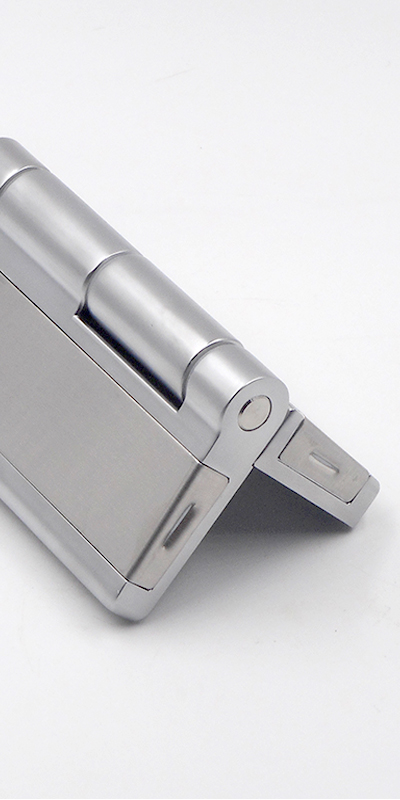When we delve into the intricate world of industrial manufacturing, we often come across components and tools that play significant roles yet remain largely unnoticed. Among these unsung heroes, ball bearing hinges stand out. What makes these hinges so critical, and why are they chosen over other alternatives? Let’s explore.
Ball bearing hinges, at their core, ensure smooth operations with reduced friction, enabling consistent movements and durability in industrial settings. Their benefits and applications are profound.
Knowing the advantages of these hinges can be a game-changer for manufacturing professionals. Let’s dive deep into the aspects that make them indispensable.
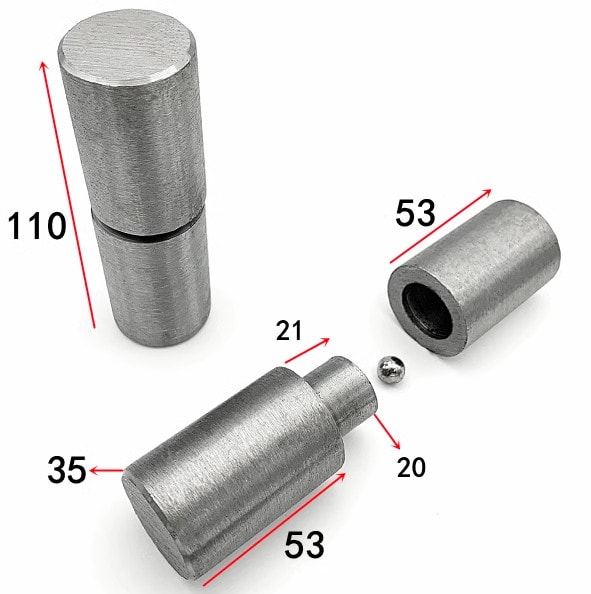
What are Ball Bearing Hinges?
Ball bearing hinges are mechanisms designed with ball bearings between the knuckles. They support pivot points and allow two attached components to rotate relative to one another. In industrial manufacturing, the choice of hinges is crucial. A single faulty hinge can lead to significant delays and operational challenges.
The presence of ball bearings, as opposed to traditional pin-based systems, ensures reduced friction. This not only guarantees smoother motion but also results in fewer wear and tear, making these hinges ideal for heavy-duty industrial use.
How do They Enhance Durability?
One of the most significant advantages of using ball bearing hinges in industrial settings is their durability. When there’s constant motion involved, wear and tear is a major concern. Durability is not just about longevity; it’s also about consistent performance.
With ball bearings, the distributed load reduces point stress. This ensures that the hinge operates smoothly over extended periods, and we can trust it to perform without frequent replacements or maintenance. In the long run, this translates into cost savings and operational efficiency.
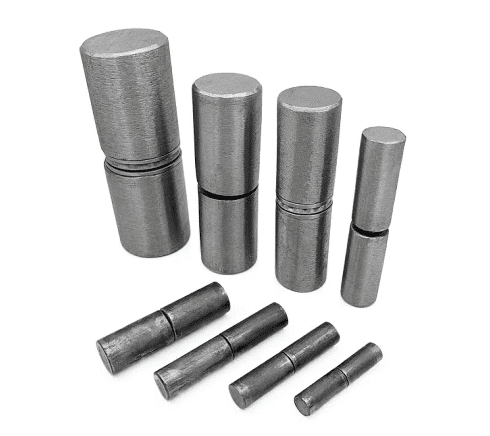
Why is Reduced Friction Important?
Friction, in any mechanical system, leads to wear and energy loss. In industries where precision and efficiency are paramount, friction can be a significant hindrance. Reduced friction means increased efficiency and reduced maintenance costs.
By leveraging ball bearing hinges, we can ensure that parts move with ease, reducing the strain on connected components. This not only guarantees a longer lifespan for the hinges themselves but also for the machinery they are attached to.
Are They Suitable for Heavy-Duty Applications?
Industrial manufacturing often involves heavy machinery and components. These require hinges that can bear substantial weight without faltering. So, is a ball bearing hinge up to the task?
Absolutely. These hinges are designed to handle significant weight and constant usage. Their structure, combined with the efficiency of ball bearings, makes them perfect for heavy-duty industrial applications, ensuring machinery remains in optimal working condition.
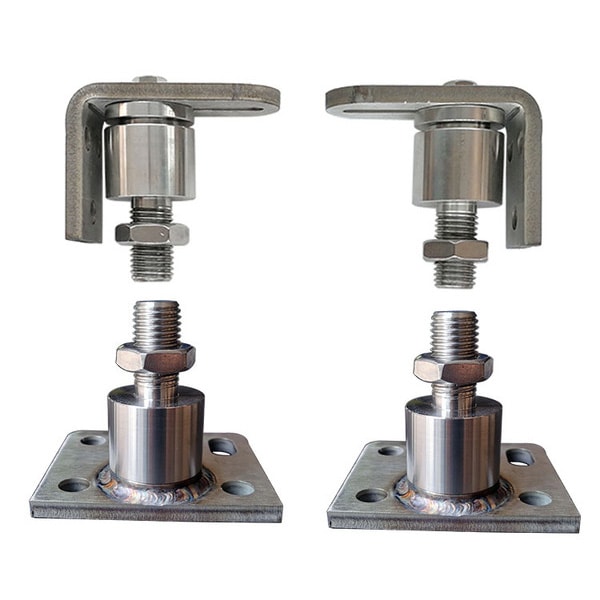
What About Maintenance and Repairs?
Maintenance is an integral part of industrial operations. Any component that demands frequent attention can become a liability. But what’s the maintenance outlook for ball bearing hinges?
The beauty of these hinges lies in their self-lubricating nature. The ball bearings minimize friction, reducing the need for frequent lubrication. Consequently, we can expect a reduction in maintenance intervals and costs, ensuring a hassle-free operational environment.
Do They Offer Flexibility in Design?
In an ever-evolving industrial landscape, flexibility in design is pivotal. Manufacturers often need components that can be tailored to specific applications. So, can ball bearing hinges fit the bill?
Yes, they do. These hinges come in various sizes and designs, catering to diverse industrial needs. Their adaptability means we can find a hinge that’s just right for our specific application, ensuring optimal performance and integration.
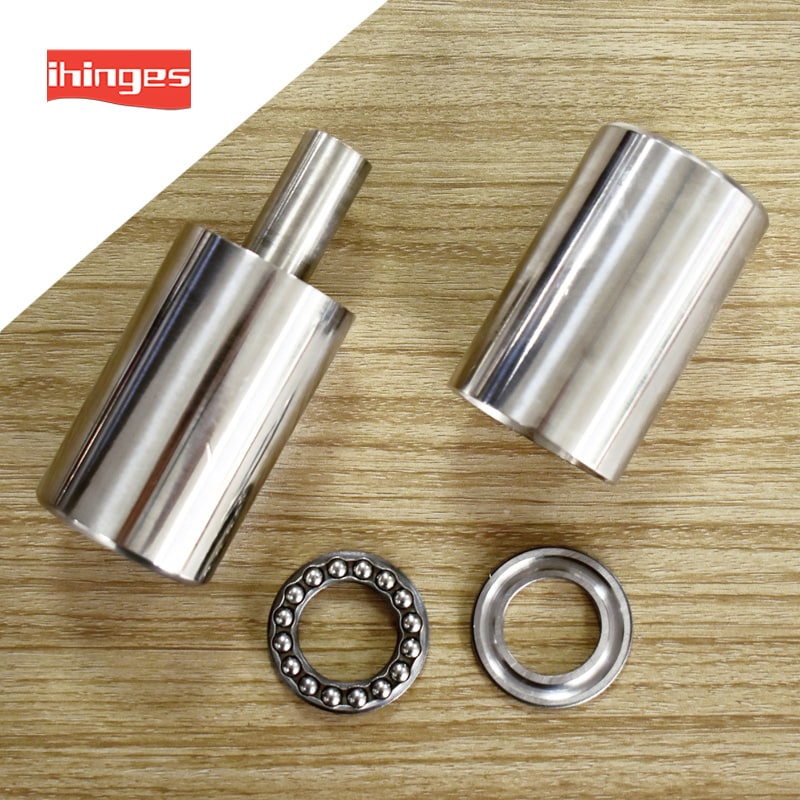
How do They Impact Operational Costs?
Any component’s cost implication extends beyond its initial purchase price. The real question is about long-term operational costs. Do ball bearing hinges offer economic advantages in this aspect?
Indeed, they do. With their enhanced durability, reduced maintenance needs, and increased efficiency, these hinges play a role in keeping operational costs low. Over time, the investment in ball bearing hinges proves to be cost-effective, allowing industries to channel resources to other crucial areas.
Conclusion
In the vast realm of industrial manufacturing, where precision, durability, and efficiency are paramount, ball bearing hinges emerge as a vital component. They not only ensure smooth operations but also promise longevity, reduced operational costs, and adaptability. For anyone in the industry, understanding and leveraging these hinges can lead to streamlined operations and significant cost benefits. So, next time you’re faced with hinge choices, you know why ball bearing hinges might just be your best bet.
You might also be interested:







